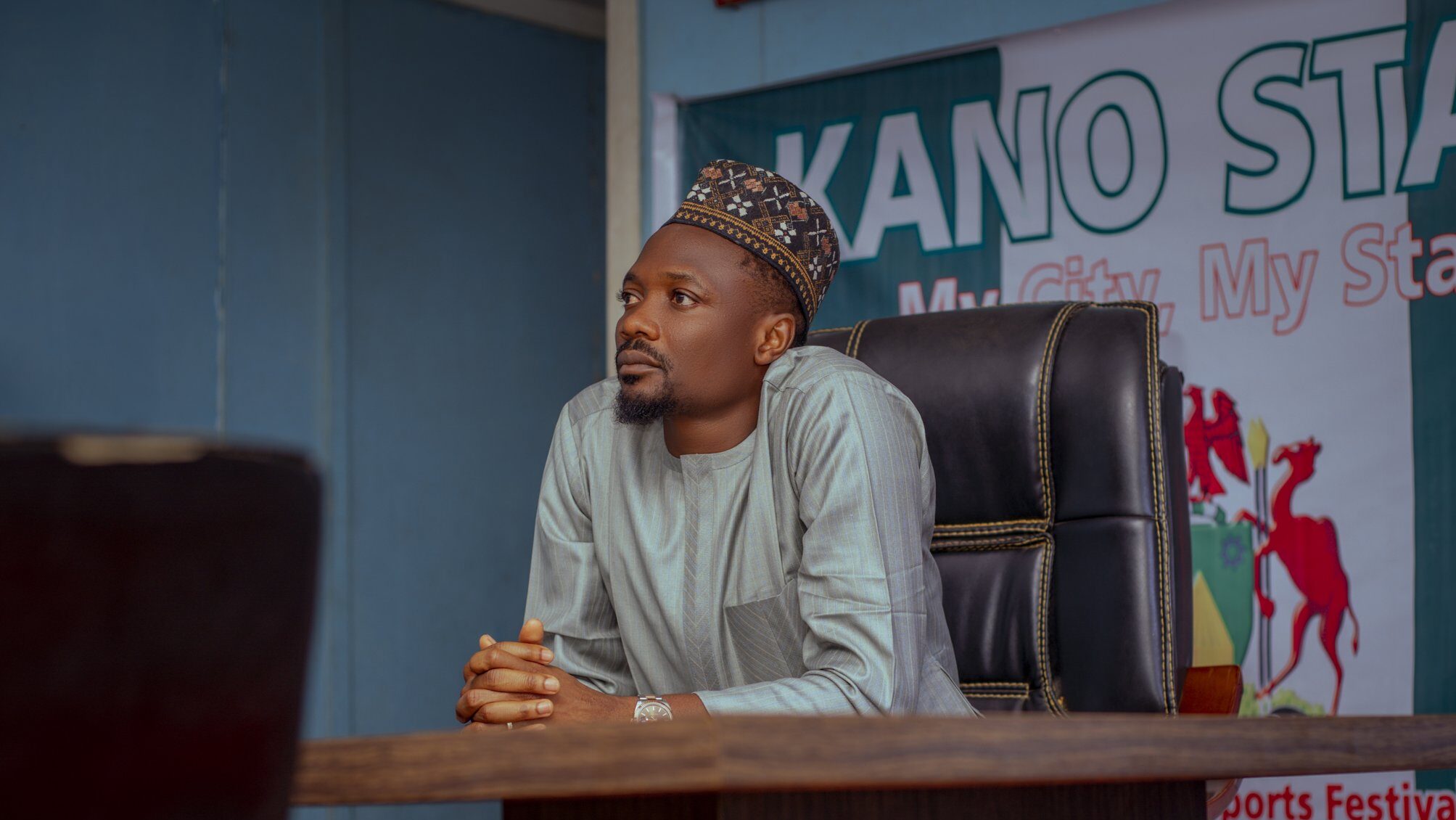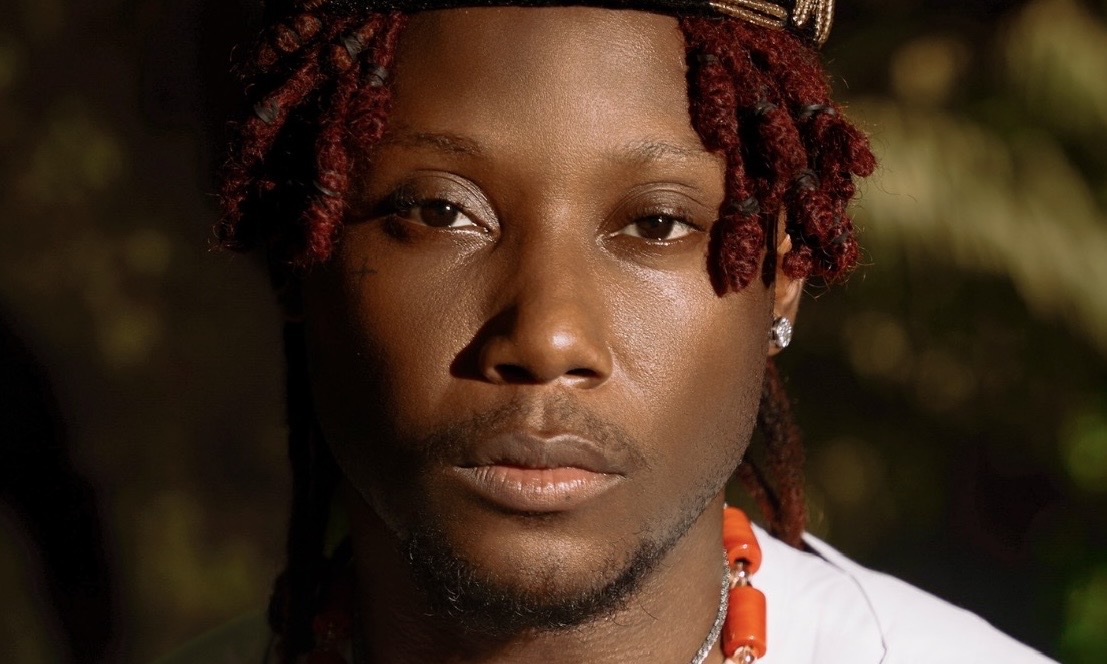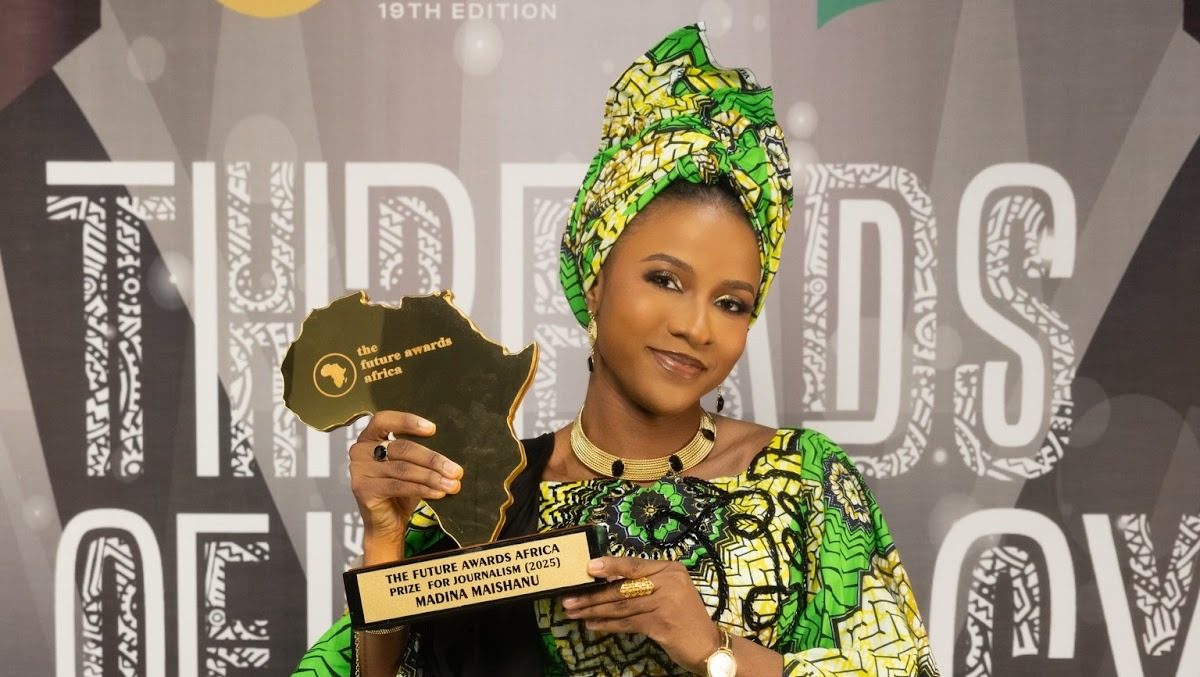By Johnson Opeisa
As expected, the appointment of Super Eagles’ substantive captain Ahmed Musa as the new general manager of Kano Pillars attracted a largely positive reception as he becomes the latest to follow the athlete-to-administrator track in Nigerian sports. The 32-year-old former Leicester City winger is unarguably the biggest star in the Nigeria Premier Football League (NPFL), ever since his return to Sai Masu Gida in the initial weeks of the 2024/25 season. Musa’s comeback was a timely catalyst that inspired the return of a number of former Super Eagles players to the league, while also contributing actively to Pillars’ ninth-place finish, with his 10 goals standing as the club’s highest tally for the season.
Now, having picked up the general manager role, a position that’ll see him oversee the day-to-day administration of the club alongside maintaining his footballing duties, Musa’s future with Pillars has been described as a mission to “revive the club’s glory” and reduce the four-time NPFL champions’ overreliance on the Kano State government. There’s a certain nobility to this quest, and if eventually actualised, it could be the most convincing proof yet that former athletes pivoting into the management side of things could well be the missing link in Nigeria’s sports.
If we’re keeping it a buck, the sports ecosystem in Nigeria is at its nadir, and has been for most of the last decade. What we currently have is largely untapped grassroots potential, harrowing infrastructural deficits, weak and disorganised local sports structures, and an overall ecosystem that’s hanging by a thread.
The frays are becoming increasingly visible: from waning public interest in sports activities locally and the glaring lack of economic value in the sector to poor performances and, at times, the embarrassing controversies surrounding Nigerian teams on the international stage. It was evident at the Paris 2024 Olympics, where 88 Nigerian delegates returned without a single medal. It is also evident in the protracted struggles of NPFL sides in CAF competitions, the consistent underachievement of basketball sides in the Basketball Africa League, and the high likelihood of the Super Eagles missing consecutive World Cups, to mention a few.
Though there are glimmers — the D’Tigress’ resurgence under Rena Wakama, Eagles stars breaking a two decade-long drought to win consecutive CAF Player of the Year titles, and the Super Falcons’ continued dominance on the continent stir a measure of national pride — the broader atmosphere is one of national doom and gloom, and it ultimately traces back to those in charge. From the overarching National Sports Commission to specific bodies like the Nigeria Football Federation (NFF), the Athletics Federation of Nigeria (AFN), the Nigeria Basketball Federation (NBBF), the League Management Company (LMC), club hierarchies, and others, the monkey on the back of Nigeria’s sports ecosystem is incompetent management.
The sheer scale of administrative rot has repeatedly ignited demands for those who once played the game to be entrusted with its present and future. On paper, it sounds reasonable enough: having spent your active years on the receiving end of various managements — the good, the bad, and the ugly — your experience ought to count for something, especially compared to those parachuted into power with little grasp of its weight.
But what are really the odds practically?
In the case of Ahmed Musa and Pillars, it’s still early days, but the dynamics do not exactly inspire confidence. In the Kano State government’s decision to revitalise the Pillars’ management board with a leader who has walked the path, there’s hardly a more fitting figure than Musa. The Super Eagles captain is the most-capped Nigerian international with 111 appearances, 10 more than any other player to have worn the green and white jersey.
He was a key figure in Nigeria’s last AFCON triumph in 2013 and remains the only Nigerian to score twice in a World Cup match, doing so in two editions of the Mundial. His professional sojourn across Europe and Asia is also quite storied, with stints in England (Leicester City), Saudi Arabia (Al Nassr), Russia (CSKA Moscow), the Netherlands (VVV-Venlo), and Turkey (Fatih Karagümrük and Sivasspor).
This is a career laden with experience across various progressive sports climes. And while that doesn’t automatically guarantee a surefire general manager in Musa, there has been little yet to fault in his résumé so far. However, the core issue lies in the dynamics of his dual role: how effectively can one function as both the shepherd and the flock in the same fold?
The case of Nigerian football icon Kanu Nwankwo is quite different, but not an encouraging one either. It’s been about two years since the two-time CAF Footballer of the Year was appointed Chairman of Enyimba FC by Governor Alex Otti of Abia State. Kanu, who stepped into the role in July 2023, roughly one month after his former teammate Findi George led the People’s Elephants to their record ninth NPFL title, has since overseen a steady decline in the club’s fortunes. The NPFL giants mounted a weak title defence to finish third in the 2023/24 season, followed by a more troubling sixth-place finish in 2024/25.
📝| They were team mates in Ajax 1995, 28 years later both are in Enyimba Int'l.
— Sammy Wejinya (@OgaSammyWejinya) July 3, 2023
Kanu Nwakwo : Club's Chair Man.
Finidi George : Club's Coach.🤔 pic.twitter.com/nf4fDoWvnc
Administratively, on-field results alone might not suffice as a full evaluation metric, as even well-laid plans can falter temporarily. Kanu, however, hasn’t earned that benefit of doubt, as his stewardship of Enyimba has been largely underwhelming. The club has been embroiled in controversies unbecoming of its stature as Nigeria’s biggest and most successful side. Under Kanu’s management, Enyimba have been involved in a kit scandal where players wore shirts with handwritten names, a CAF Confederation Cup match where some players arrived just 45 minutes before kickoff due to travel issues, and the reuse of matchday tickets originally printed in 2017 for a match in 2025.
These troubling markers of Kanu’s reign in Aba were put into context by former Super Eagles forward Brown Ideye, who had a brief stop with the People’s Elephants last season. “It’s getting worse; the system isn’t getting better. I feel like we have a long way to go,’’ Ideye told 54FootballX. “Though my time with Enyimba has been wonderful, there are a lot of things that need to be improved. Travelling is bad, feeding is bad, hotel accommodation is bad, and player relaxation is bad. We should put our house together.’’
Kanu’s ongoing struggles at Enyimba mirror a pattern already seen with Austin ‘Jay Jay’ Okocha, whose time as Delta State FA chairman ended in resignation after he admitted to having failed woefully. But while there may not yet be enough success stories to justify the transition of sportsmen into management within the mainstream sports in the country, a broader look at other ex-Nigerian sportsmen in other disciplines (and in foreign winds) shows a glimmer of hope.
Former wrestler Daniel Igali, who represented Nigeria in his early years before switching to Canada, has had a strong post-retirement run in Nigerian sports. As president of the Nigeria Wrestling Federation, a position he has held for over 12 years, Igali has overseen a transformation of the sport. Under his leadership, the federation won three straight titles at the inaugural Nigeria Sports Awards: Sports Administrator of the Year (Igali), Coach of the Year (Akuh Purity), and Sportswoman & Wrestler of the Year (Odunayo Adekuoroye).
Igali, who won Canada’s first Olympic wrestling gold in 2000, was also at the helm of Nigeria’s wrestling when the country won its first-ever Olympic wrestling medal at Tokyo 2020 through Blessing Oborududu, who clinched silver in the 68kg category.
The sport has been on a steady climb, most recently dominating the 2025 Senior Wrestling Championships in Morocco. Nigeria finished first, winning 10 golds, one silver, and one bronze from a 15-athlete delegation. The female team emerged overall champions for the 14th time, and the male team reclaimed the African crown for the first time in four years, thanks to Steve Simon Izolo’s gold. It was an improvement to the country’s outing at the 2023 edition of the Games, where Nigeria won 11 medals: six gold, three silver, and two bronze.
Huge shoutout to Daniel Igali @dynamiteigali – he has masterminded the success and the turn in fortunes that Nigeria is currently witnessing in Wrestling.
— Making of Champions (@MakingOfChamps) March 10, 2024
As a show of appreciation, the Nigerian Wrestlers had to momentarily give him their medals to wear. Nice gesture.… pic.twitter.com/yWKVeLcv77
It’s worth noting that Igali’s relative success may perhaps be buoyed by his experience in public office. A two-term member of the Bayelsa State Assembly, the Olympic gold medalist currently serves as Bayelsa State’s Sports Commissioner. In his recent outing, Bayelsa finished third overall at the 2024 National Sports Festival held in Ogun State.
Igali’s administrative path, though not without some grey areas, at least proves that ex-Nigerian athletes aren’t always out of their depth off the pitch. This becomes even more agreeable if you consider the trajectories of former Nigerian internationals like Mike Emenalo and Seyi Olofinjana, who have built reputable post-playing careers on the global stage. Emenalo is currently the Sports Director of the Saudi Pro League, while Olofinjana serves as a top administrator at Chelsea.
In light of these examples, perhaps the more pressing question is whether the Nigerian sports system truly gives ex-athletes a fair shot outside the field that has defined the status quo.
Okocha’s sobering reflection on his failure earlier this year appeared to have cut to the heart of the matter.
“I will be the first to raise my hand and say I did not achieve anything as Delta football chairman. What I saw there was not what I expected. The place was not conducive for me to work,’’ the former Paris Saint-Germain forward said.“A lot of things must be in place because I do not think the structure would allow people like us to succeed. That is the honest truth. The level of corruption in all sectors of Nigeria is too much.”
Whether the system is structurally rigged against ex-athletes or just broken across the board, one thing is clear: Nigerian sports is desperate for competent management. While we’re at it, it’s crucial that no category of people is seen as a silver bullet, especially when any party hasn’t convincingly proven to be the ideal solution.





